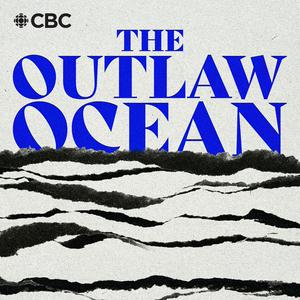Spread across the Earth’s oceans, the Chinese distant-water fishing fleet is the single largest armada in human history. This three-part series is an unprecedented investigation into their secretive fishing practices. The fleet is so gargantuan that even the Chinese government can’t account for all its vessels. We do know it has hauled in more than 35 billion dollars worth of catch per year and has sold it across the globe — and yet, almost nothing was known about its practices. That is, until The Outlaw Ocean team started asking questions.
Episode highlights:
North Korean labour is forced labour by definition — nobody has a choice. Officially, China is in line with the rest of the UN Security Council in sanctioning North Korea and its regime-funding labour. But, unofficially, since 2017, China has quietly but consistently violated those sanctions. This is an open secret China has successfully kept hidden from the West. Until now.
Despite the prohibition against North Korean labour, the US state department estimates that there are over 100,000 North Korean workers currently in China. We set out to humanize these numbers, compare them to Chinese data, and connect some dots. But first we reckon with the fact that local people helping us with this reporting are risking everything from espionage charges to execution. But even despite the extreme risks, two dozen workers agreed to talk to us, and be quoted by an interpreter. Their rare testimonies tell of rampant sexual assault, violence, constant monitoring and zero access to the outside world.
Finally, we manage to connect the dots from these testimonies to seafood being shipped to American importers that supply major retailers like Walmart, McDonald’s and Sysco - the largest food distributor on the planet. Host Ian Urbina reflects on the invisible dots of plausible deniability, which are built into the whole system. These are the dots that connect Indonesian slave labour on a ship to Uyghur labour in a factory to a grocery store down the block from your house.


